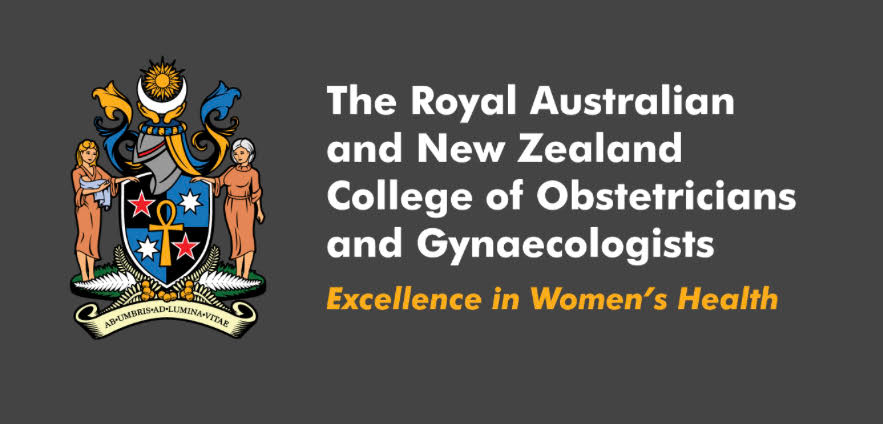

The good news is that over 120,000 pregnant women in USA have received either Pfizer or Moderna vaccines
In Australia there are currently 2 vaccines approved for use –
Astra Zeneca – a viral vector vaccine
Pfizer – an mRNA vaccine
Soon to be Moderna – an MRNA vaccine
The current advice from RANZOG and ATAGI is for all pregnant women to be offered the COVID 19 vaccine with Pfizer. Most of the data regarding pregnancy vaccination comes from USA, where Pfizer or Moderna are given. Due to the rare complication of vaccine induced thrombosis with Astra Zeneca, it should be avoided unless a first dose has already been given without any adverse effects, in which case a second Astra Zeneca should be given.
Safety:
The good news is that over 120,000 pregnant women in USA have received Pfizer or Moderna vaccine to date.
Common side effects which include pain at injection site, fatigue and low-grade fever – but the incidence was similar to non-pregnant women who were vaccinated.
The risk of miscarriage was 12.6% in the vaccinated group which is similar if not less compared to the background spontaneous miscarriage rate which is approximately 20%.
One of the benefits of COVID vaccination is that antibodies can be detected in cord blood samples and breast milk – similar to that found with pertussis (whooping cough) vaccine which will provide some immunity to the baby in the first few months of life.
Vaccine Timing:
COVID (PFIZER) vaccine can be given at any stage of pregnancy as many women have been vaccinated at all stages in the American studies.
Some women may prefer to avoid the first 12 weeks of pregnancy but the risk of delaying vaccination versus the potential of a pregnant women becoming seriously unwell with a COVID infection need to be considered.
There is no need to delay vaccination if you are breastfeeding – nor is there a need to stop breastfeeding during vaccination or ‘dump’ expressed breast milk.
If you are planning a pregnancy or undergoing fertility management there is no need to delay vaccination. There is no evidence that vaccination will affect fertility.
If another vaccine such as influenza or whooping cough is required an interval of seven days between the COVID vaccine and the other vaccine is recommended.
Summary:
All pregnant women should come to an informed decision about COVID vaccination in pregnancy and supported, even if they decline vaccination.
Some women may prefer to delay vaccination until later in pregnancy or after birth.
Most women who contract COVID 19 in pregnancy will have no or mild symptoms.
A minority will suffer a severe illness with a threefold increase in the need for ICU or ventilatory support compared to non-pregnant women and a 4-fold increase in risk of death.
Other risk factors such as obesity and pre-existing high blood pressure, diabetes and age over 40, can increase the likelihood of severe illness from COVID 19.
There is an increased risk of premature delivery and a doubling of the still birth risk with COVID infection in pregnancy.
Other considerations such as occupation and exposure sites also need to be taken into account but, as I am sure you are aware, accessing Pfizer is a major hurdle to pregnant women at this time, despite them being classified as 1b or a preferred group and as such should be prioritised.
Ongoing research is occurring with updates issued frequently.
Moderna, which will become available in Australia soon, is a vaccine similar to Pfizer. It has been used extensively in the USA but is currently not yet recommended to pregnant women in Australia. However, as we all know guidelines change regularly and more than likely Moderna will also be used to vaccinate pregnant women in Australia in the near future.
References:
Royal College of Obstetricians and Gynaecologists – COVID vaccine in pregnancy.
Royal Australian and NZ College of Obstetricians and Gynaecologists – current guidelines.
ATAGI – Australian Technical Advisory Group on Immunisation.




